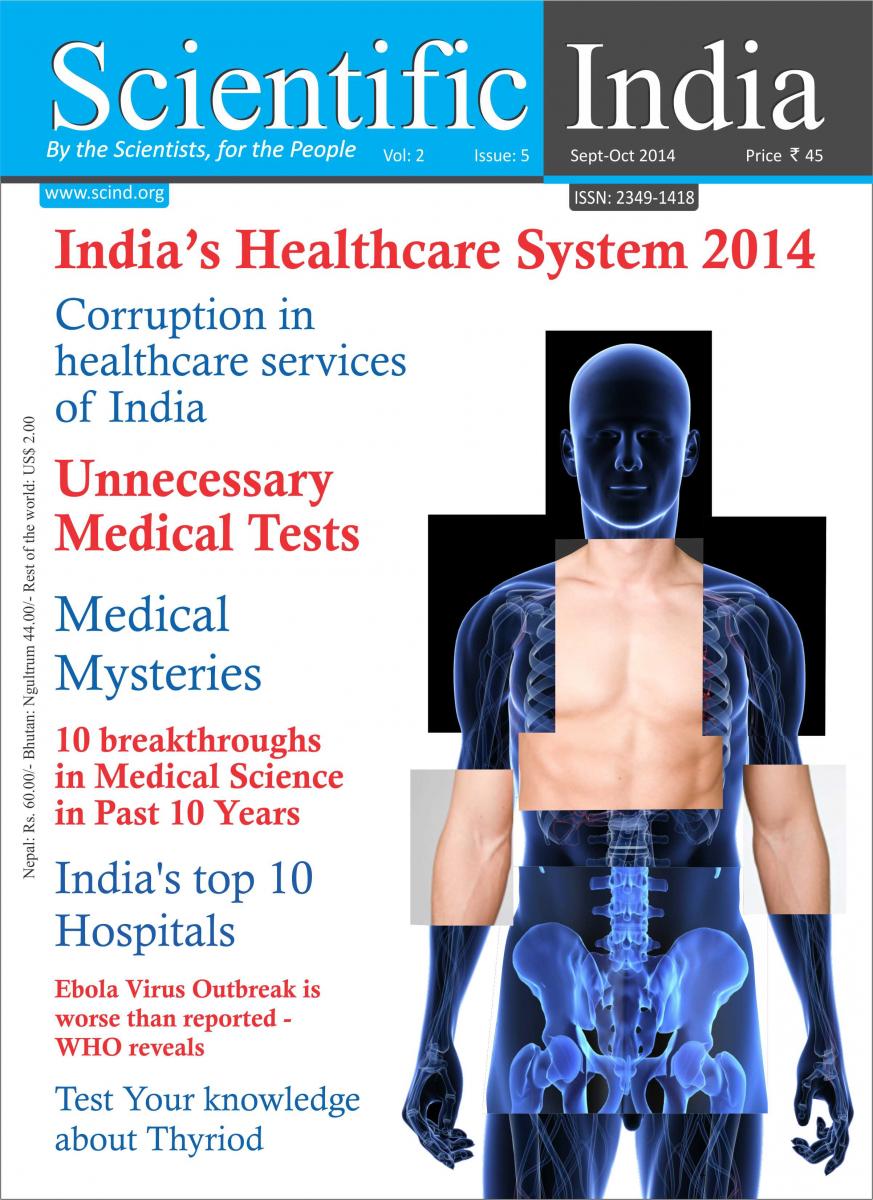Prevalence and Antibiotic Resistance Profiling of Methicillin Resistant Staphylococcus aureus (MRSA) Isolated from Clinical and Environmental Samples

Department of Pharmaceutical Microbiology, Himachal Pharmacy College, Nalagarh-174101 (H.P.) India
Department of Microbiology, Bhaskaracharya College of Applied Sciences
(University of Delhi), New Delhi-110075, India
At the present time, the world is facing a great challenge of the emergence of antibiotic resistant microorganisms. Among these microorganisms, methicillin-resistant Staphylococcus aureus (MRSA) is one of the most frequent pathogen involved in numerous clinical and community acquired infections. Environmental reservoir such as sewage may have a significant role in the development and spreading of antibiotic resistance. The MRSA strains are usually resistant to several broad spectrum antibiotics and also have been demonstrated intrinsic resistance to ß- lactam antibiotics; therefore, it becomes a matter of global concern. The present study was carried out to investigate the prevalence of MRSA and determination of their resistance profiling against several anti-staphylococcal antibiotics. In this study, a total of 100 samples were collected from various health care associated (HA) sources, i.e. wound and catheter swabs and sewage samples, which were screened for MRSA and their antibiotic resistance patterns. Out of 100 samples, 41 isolates of S. aureus were recovered using selective medium and subjected to further screening of MRSA. There were 34% (n=41) isolates found to be methicillin resistant. There was a high prevalence (57%, n=14) of MRSA in clinical samples, i.e. wounds and 29% (n=14) in catheter samples, whereas as low, 14% (n=14) in the environment (sewage) samples. Almost all MRSA strains were found resistant to penicillin and thereafter to cloxacillin and cephalexin, co-trimoxazole. About 60-72% MRSA strains were found resistant to tetracycline, ciprofloxacin, ceftazidime, oflaxicin, lincomycin, and cephotaxime. The determination of prevalence and antibiotic resistance profiling of MRSA will be helpful for clinicians for first line treatment in referral hospitals and reports on the occurrence of MRSA in environmental samples provide an evidence of an epidemiological link between reservoirs and human infections, thus it is alarming the epidemiologist to formulate a viable and effective infection control program.
Key words: Antibiotic resistance, Catheter swabs, Methicillin-resistant Staphylococcus aureus (MRSA), Sewage, Wounds.
